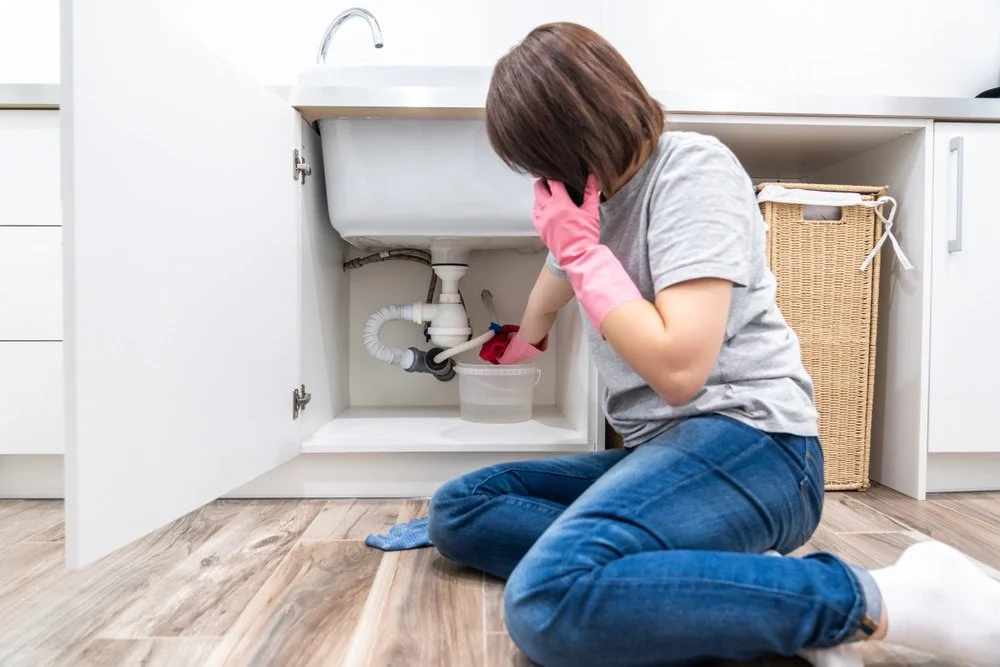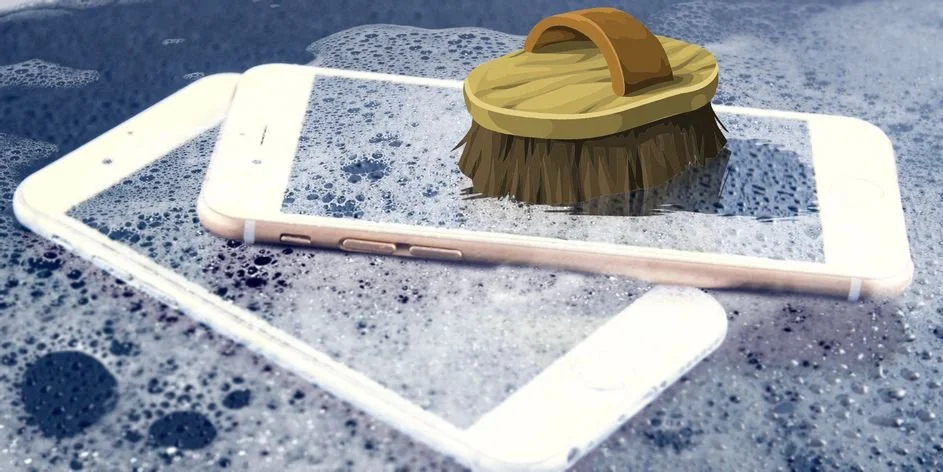Maybe it's time to give it a deep clean…
While they may not look dirty, coffee makers do require upkeep. But how much and why? Cleaning your machine means less risk for contamination, but also brews a better cup of joe.
It's important to know the distinction between cleaning your coffee maker and descaling the machine itself.
Tonya Lawson, founder and CEO of Simply Caffeinated, a website dedicated to providing helpful information on all things coffee, says, "A lack of cleaning can dramatically reduce the life of your appliance. Not cleaning your coffee pot or espresso machine regularly can lead to the build-up of limescale residue, blocking your main water line and causing irreparable damage to your brewer."
Descaling is the removal of limescale buildup and is part of routinely maintaining coffee equipment.
You should rinse out your coffee pot with warm soapy water after each use, because mold and yeast are capable of growing in residual coffee material. Bacterias don't really grow in acidic environments, but mold and yeast are more able to take advantage of the lower nutrient and pH levels typical of coffee.
Some mold can produce harmful byproducts called mycotoxins. (Good times: we can never be sure if a given mold produces mycotoxins without further analysis, so unless you’re a scientist… do the math, and wash your coffee pot.)
Failing to clean your coffee machine can compromise the quality of your cuppa too. Daily machine maintenance and routine descaling are important factors that play into how your coffee will taste, in fact, coffee will taste rancid and bitter if the equipment is not kept clean.
Most manufacturers recommend descaling your coffee maker every 3 to 6 months. Other factors like the type of water in your area as well as how often you use the machine are also important.
The best way to clean your machine is by reading and following the instructions in your coffee maker's manual as cleaning recommendations will vary from one machine to another.
Need more convincing?
The best reasons (and ways) to care for your coffee maker —











